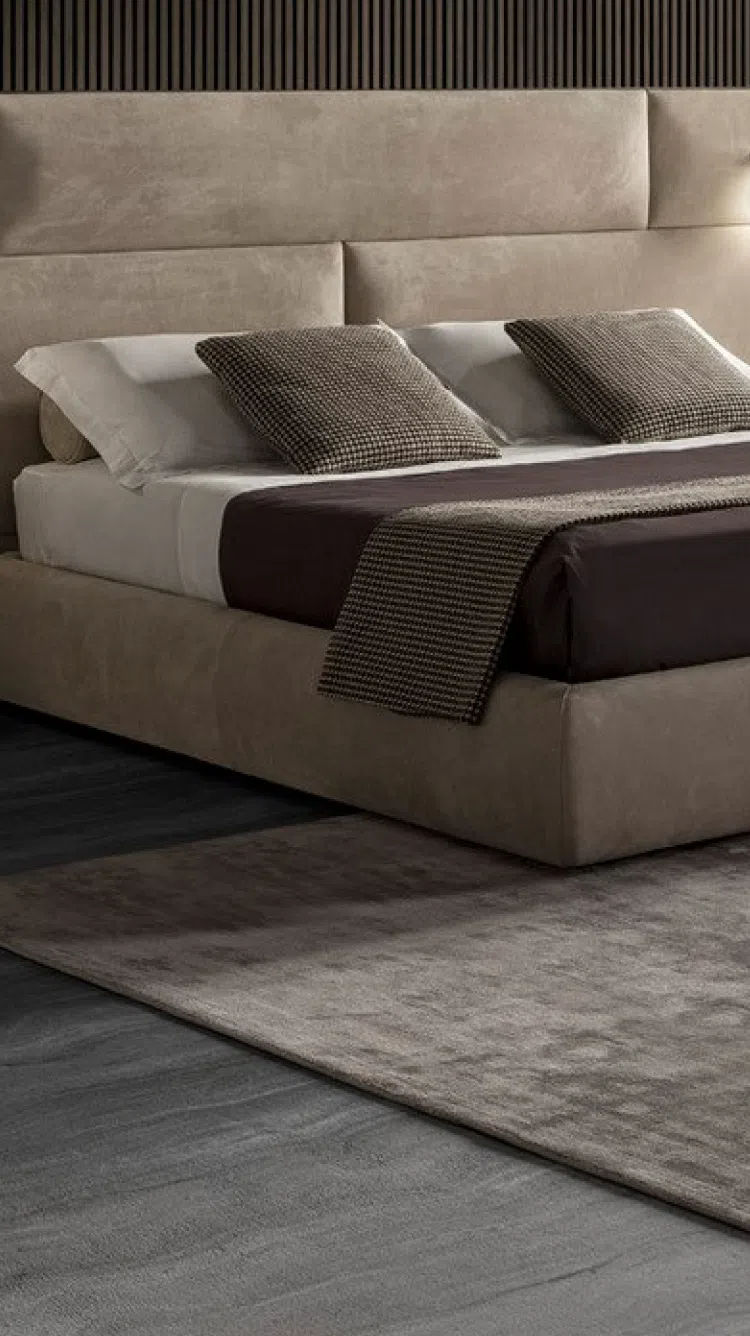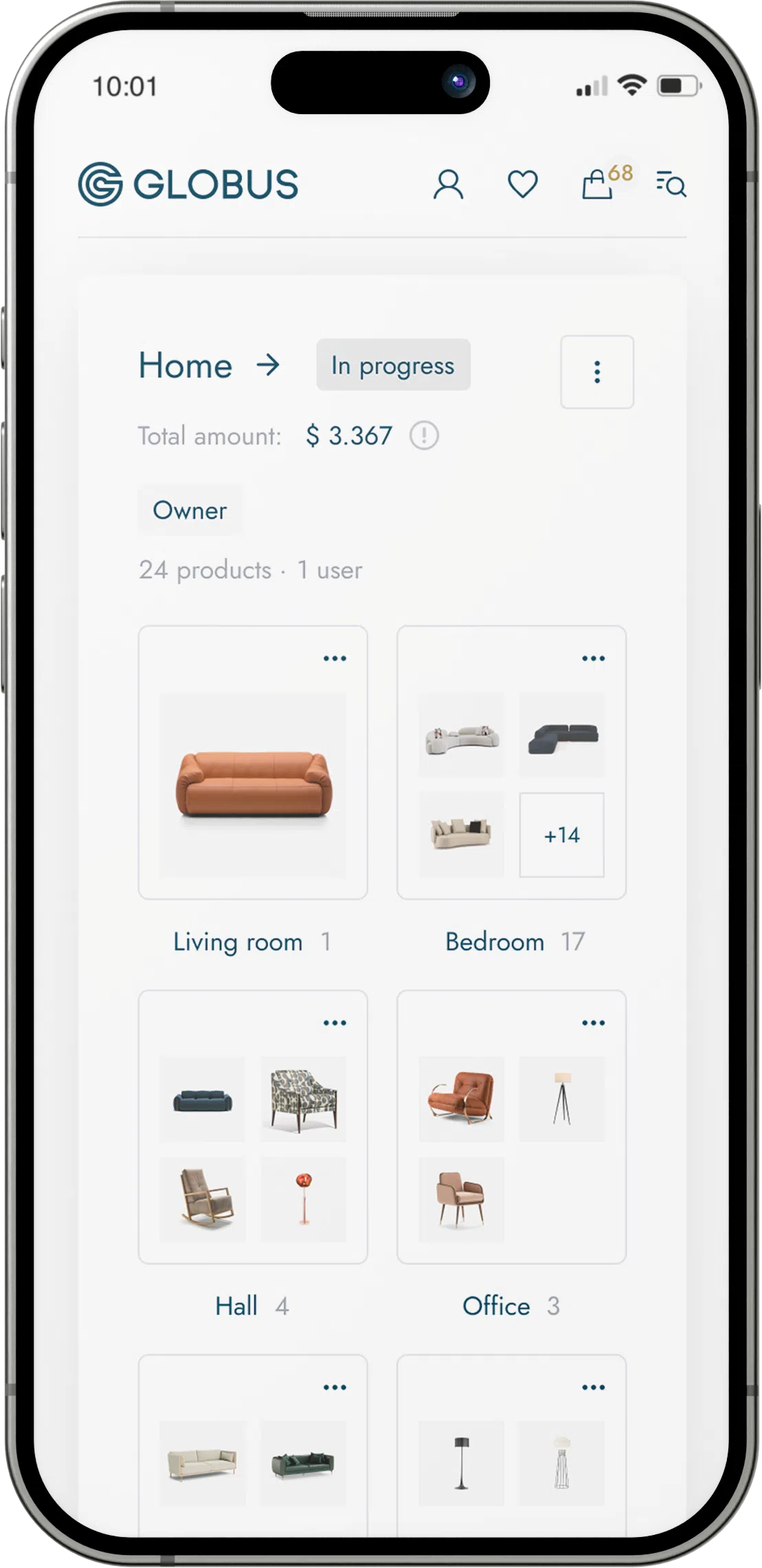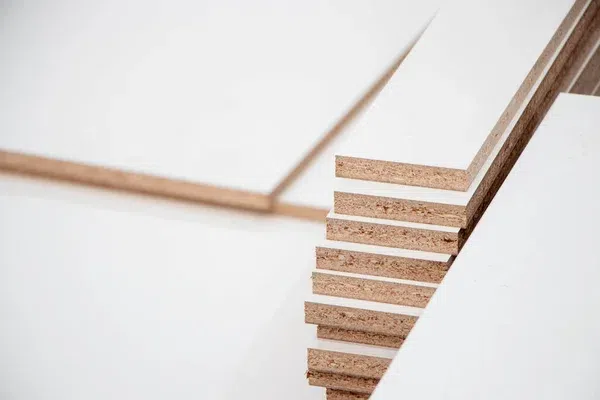Melamine is a versatile material commonly used in furniture manufacturing and cabinetry. It is an organic compound that is often combined with formaldehyde to produce melamine resin, a synthetic polymer that is fire resistant and heat tolerant. This resin is then used to saturate layers of paper which, after the saturation process, are dried and then heat pressed onto particleboard, MDF (medium-density fiberboard), or plywood to create a durable and smooth surface.
Here are some key attributes of melamine as a furniture material:
Durability: Melamine surfaces are resistant to scratches, chemicals, and staining. This makes them particularly useful for kitchen countertops, office furniture, and various types of cabinetry that need to withstand frequent use.
Aesthetic Variety: Melamine can be finished to mimic the look of wood, stone, or other textures. It comes in a vast range of colors and patterns, giving designers and consumers a wide selection of aesthetic choices for interior design.
Easy Maintenance: Furniture items made from melamine are relatively easy to maintain. They can be cleaned with a damp cloth and mild detergent. Unlike natural wood, they do not require regular sanding, staining, or sealing.
Affordability: Compared to natural wood, melamine is a cost-effective option. It maintains a reasonable quality and durability while being less expensive, making it a popular choice for budget-conscious consumers.



